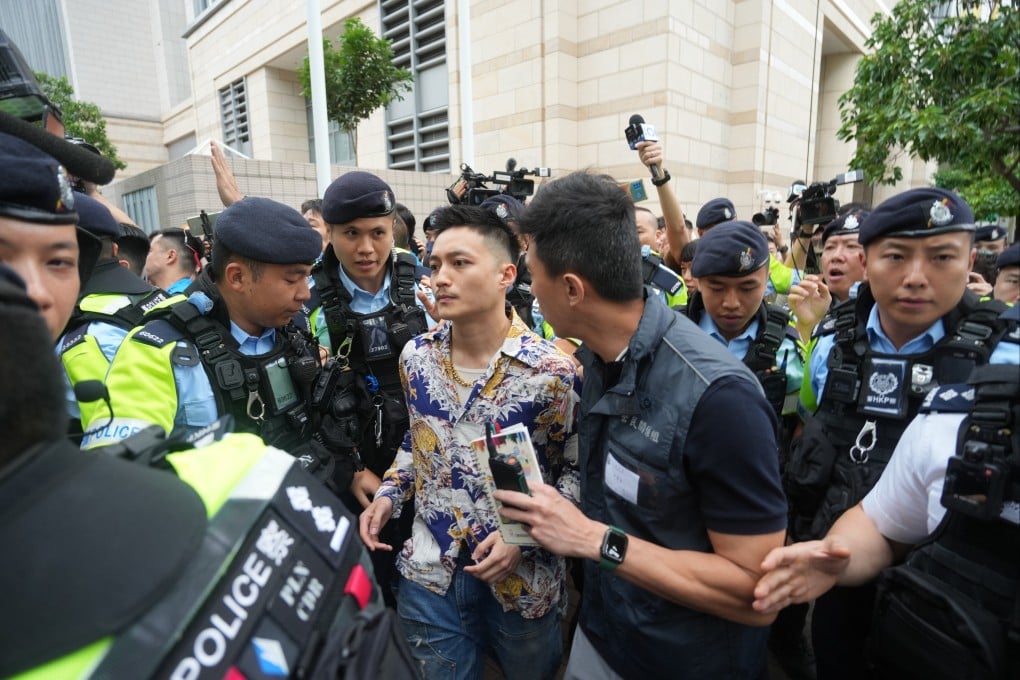Editorial | Legal process seen to take its course with landmark Hong Kong verdicts
- After 14 defendants are found guilty of subversion and two acquitted under the national security law, Hong Kong judges have explained in detail the reasoning behind their decisions

The arrest of 47 opposition politicians and activists in January 2021 on suspicion of plotting to subvert state power marked a turning point for Hong Kong. It demonstrated that the new national security law, passed by Beijing in response to civil unrest in 2019, had to be taken seriously and that far-reaching changes to the city’s political system were on the way.
The legal process, including a 118-day trial, has taken more than three years. And it is not over yet.
But the verdicts delivered on Thursday on 16 defendants who pleaded not guilty should mark the beginning of the end.
Three judges found 14 of them guilty of subversion under the national security law. Two were acquitted.

The opposition figures were found to have joined an unlawful scheme, along with 31 who pleaded guilty, to win a majority in the Legislative Council and indiscriminately vote down the government’s budget. This was described as “a lethal constitutional weapon”.
